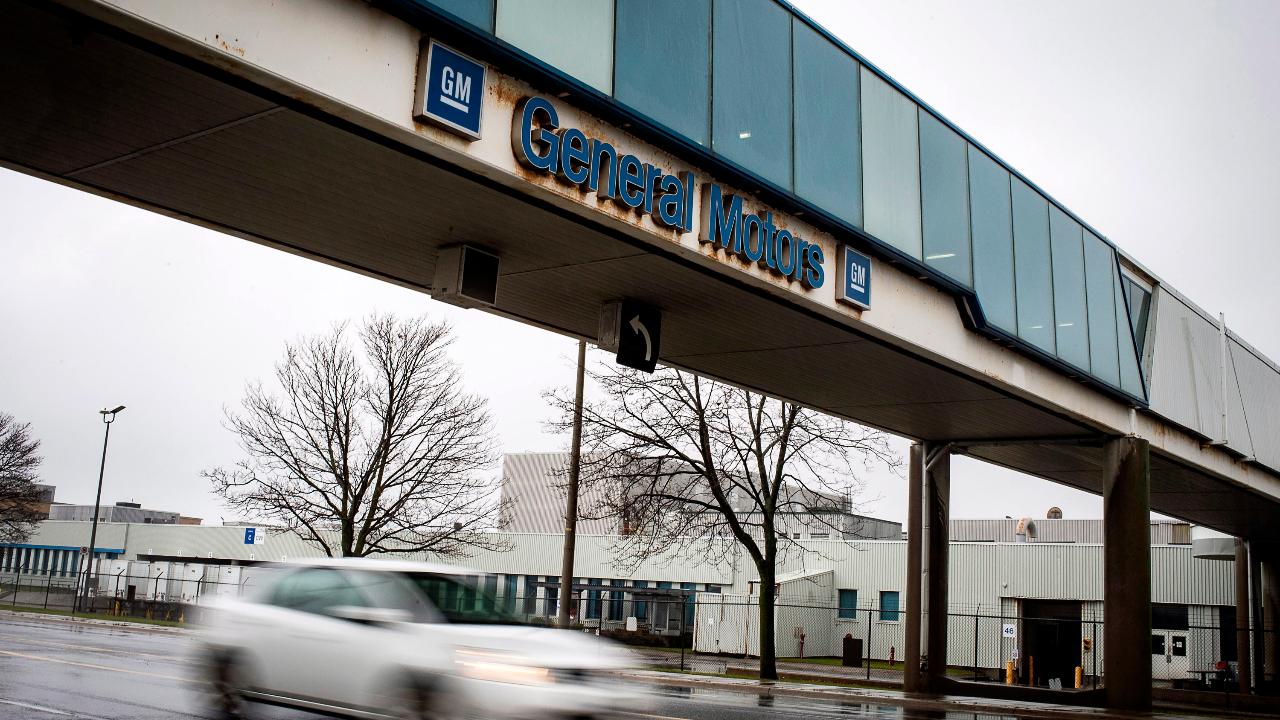BMW, Daimler execs to meet Trump team amid auto tariff warnings
German automakers are expected to meet with Trump administration officials at the White House on Tuesday, after the president threatened last week to slap tariffs on all auto imports.
The White House said on Tuesday the group will discuss investment opportunities in the U.S. National Economic Director Larry Kudlow told FOX Business that the administration will be meeting with the auto executives on an individual basis, adding the administration will “see how it goes.”
Top executives from Volkswagen, Daimler and BMW were expected to be in attendance. President Trump has previously said there are too many German cars in the U.S.
Last week, U.S. automaker General Motors announced plans to slash 15 percent of its salaried workforce and to end production at five North American plants, drawing harsh criticism and the threat of penalties from Trump. Not only did the president say he wanted to end subsidies to the automaker, but he also raised the possibility of slapping all auto imports with new tariffs.
GM CEO Mary Barra is scheduled to meet with lawmakers on Capitol Hill on Wednesday.
While Trump has been publicly mulling the possibility of taxing auto imports for months, in 2017 he specifically cautioned German automakers that he was considering imposing 35 percent levies on imports from the country. While German cars accounted for 8 percent of U.S. auto sales in 2017, according to CNN, only 494,000 were actually imported while the rest were built on U.S. soil.
BMW confirmed to FOX Business that it was considering expanding its U.S. manufacturing presence with a new plant in the near future. The company already has a plant in South Carolina – its first full-scale manufacturing facility outside Germany – where it employs 10,000 people. The plant produces the X3, X5 and X7 SUVs and the X4 and X6 crossovers.
Over the weekend, Presidents Trump and Xi Jinping reached a trade truce that included a commitment from China to reduce and remove tariffs on U.S. auto imports – which could help automakers like BMW that manufacture cars in the U.S. and ship to China.




















